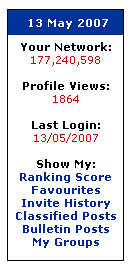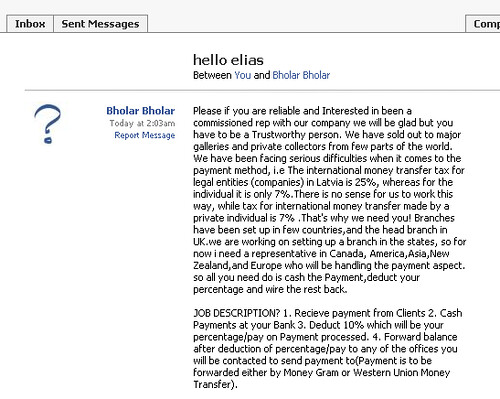Chris recently proposed a new measurement system for attention, after yet another call to arms for a new way of measuring metrics. This is a hard issue to gnaw at, because it’s attempting to graple at the emerging business models of a new economy, which we are still at the cross roads at. Chris asked us on the APML workgroup on what we thought of his proposal, which is interesting, but I thought it might be better to take a step back on this one and look at the bigger picture. Issues this big need to be conceptually clear, before you can break into the details.
Television, radio, and newspapers are the corner stone of what we regard as the mainstream media. For decades, they have ruled the media business – with their 30 second advertising spots, and “pageviews” (circulation). Before the information age, they were what the ‘attention economy’ was. None of those flamin’ blogs stealing our attention: content and advertising flowed through to us from one place.
The internet is enabling literally an entire new Age of humanity. A lot of the age-old business models have been replicated, because we don’t know any better, but people are abandoning them because they are realising they can now do so much more. So the key here is not to get too excited on what you can do – rather, we need to think why what we need to do.
Let me explain – advertisers sold their product on a TV/radio commercial, and a newspaper page, because it guaranteed them that a certain amount of people would see it. Advertisers advertise because they want to do one thing: to make money. It’s just how capitalism works – profit is god – so do what you can to make higher profit.
But back then, the traditional mainstream media was the only way they could reach audiences on an effective scale. However advertising on the Sunday night movie is the equivalant to dropping a million pamphlets out of a plane, hoping that the five customers you know that would buy your product, end up catching it. Back then, no one complained – it was the best we could do. It sucked, but we didn’t know any better.
The internet changed that.
Advertisers can now target their advertising to a specific individual. They don’t care anymore about advertising on a mass scale; what they would rather is advertising on a micro scale. Spending $20,000 on 10,000 people you know that want to buy your product, has a much better Return on Investment than $2,000,000 on 1,000,000 people – of which 10% don’t speak the language of your ad, 20% aren’t the target group for your ad; and 30% are probably offended by your ad and will ruin it for the 40% they you were targeting in the first place.
Sound crazy? Well Google making $10 billion dollars doing just that is crazy.
So now that we have cleared that up – let’s get back to the issue. We now know one of the reasons why we need measurement: advertisers want to target their advertising better. Are there any other reasons? Sure- sometimes people want to measure what their audience reads for non-monetary reasons – they could just trying to find out what their readers are interested in, so they can focus on that content. Statistics like that is not narcissism – it’s just being responsive to an audience. Or then again, it could be pure ego.
So when it comes to measuring content, there are two reasons why anyone cares: to make money, or to see how people react to your content. However it’s the first type that is causing us problems in this issue. And that’s because how long someone spends on your content, or how many people view your content, is no longer relevant as it was in the mass media days. What is relevant is WHO is reading your content.
I don’t think you can have a discussion about new ways of measuring the way content is consumed, without separating those two different motives for measurement. I like Chris’s proposal – knowing how long someone spends reading my blog posting is something I would find interesting as a blogger. But that’s pure ego – I just want to know if I have a readership of deep thinkers or random Google visitors that were looking for a picture about shorts skirts. (As an aside – one of my pictures is the number one Google image result for “women in short skirts” – thank God it goes to my Flickr account now, the bandwidth that used to eat up was crazy!)
So before we come up with new measurement systems, lets spend more time determining why we are measuring. Simply saying we are better measuring what consumers are giving their attention to, is only part of the problem. We need to first determine what value we obtain from measuring that attention in the first place.



